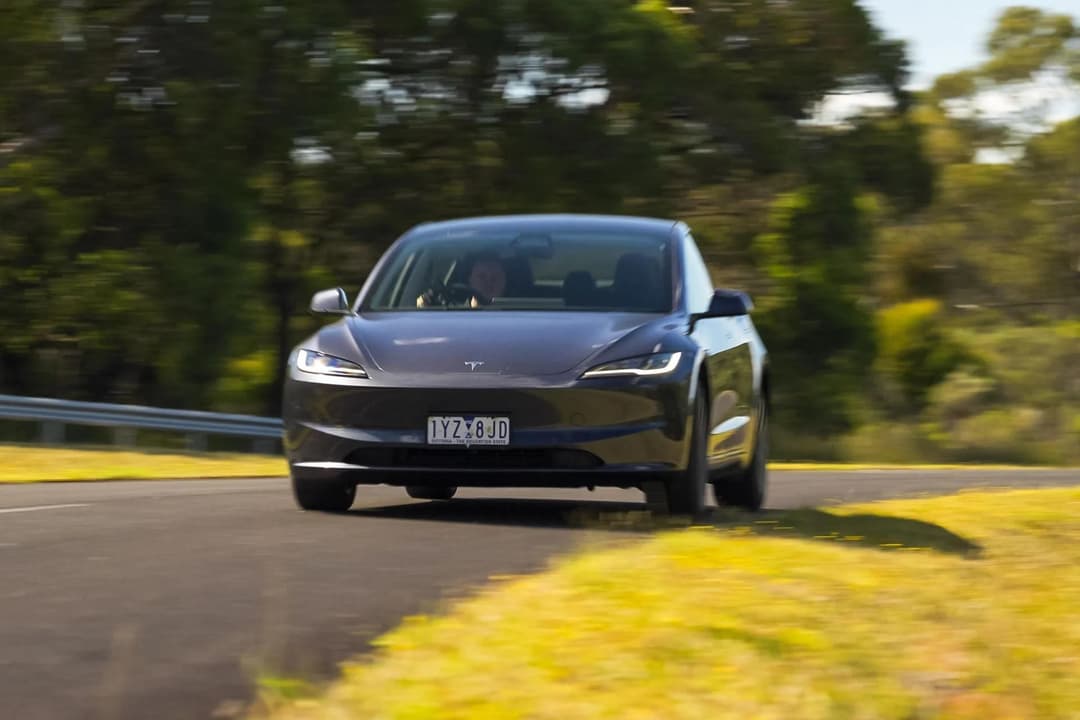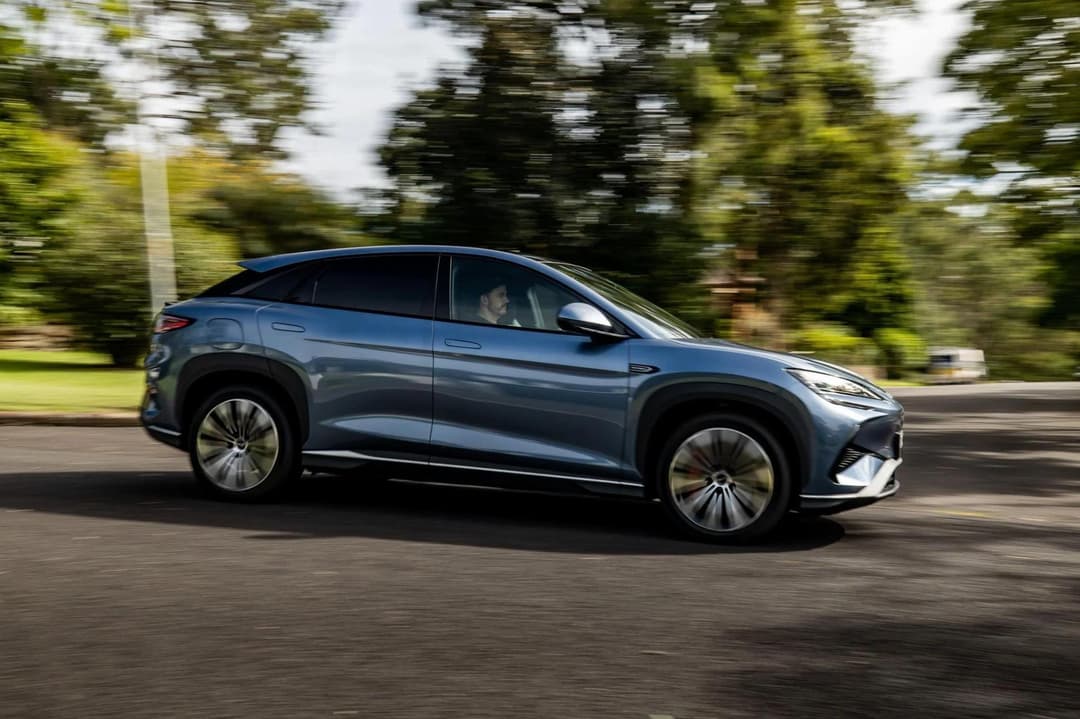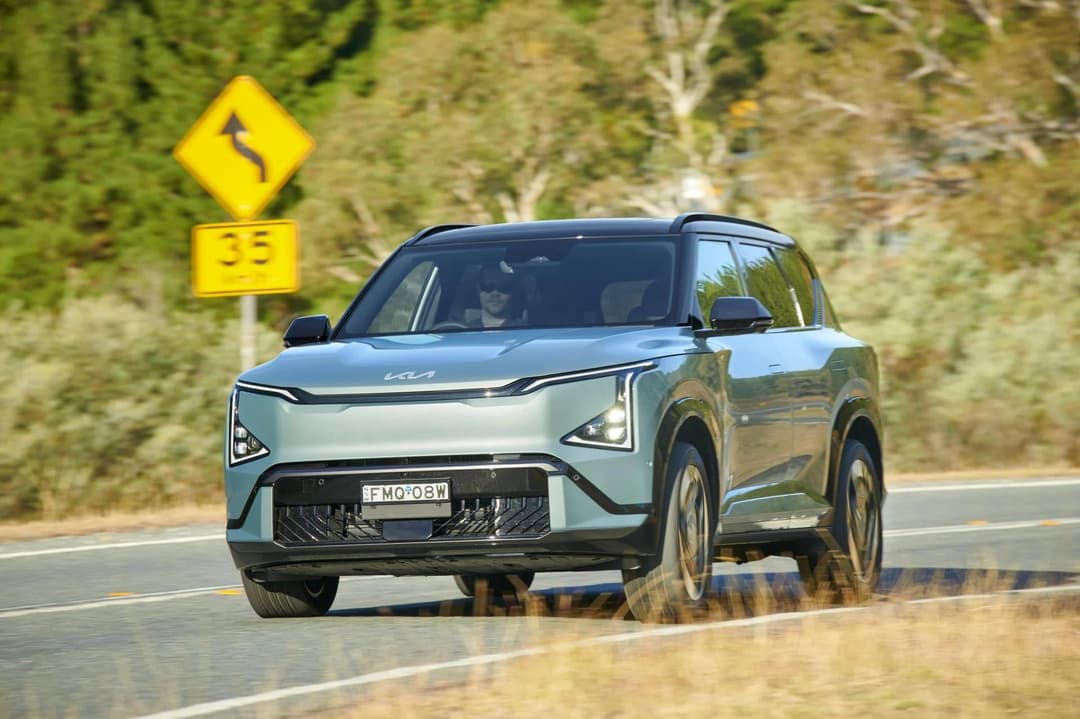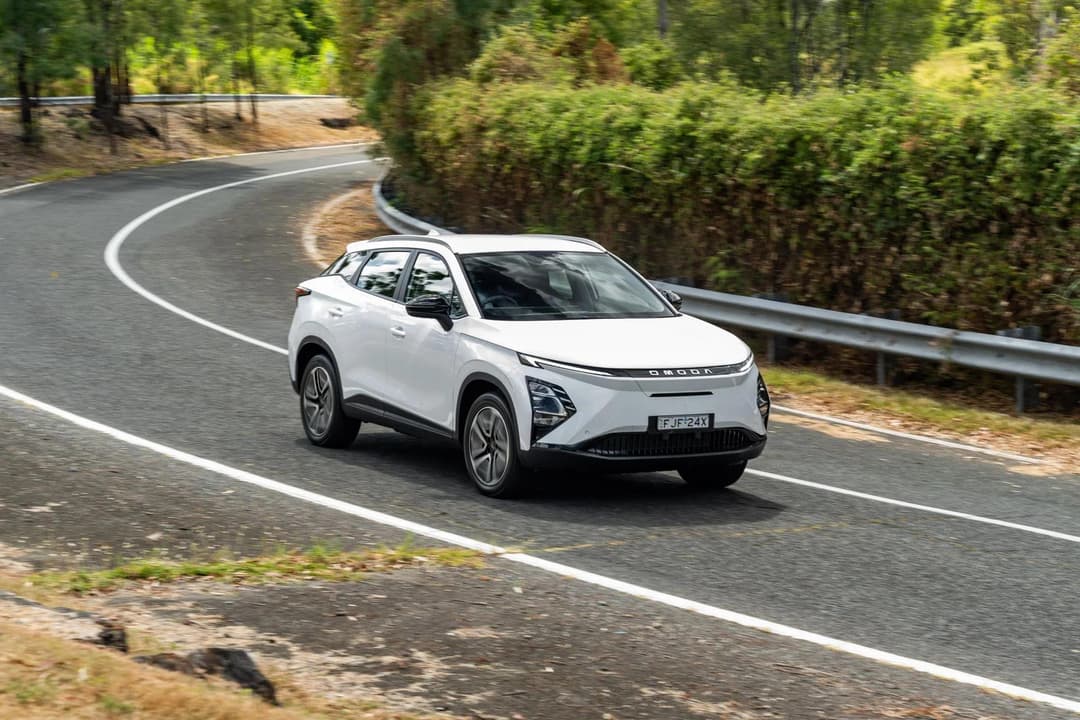
The Federal Government has confirmed it is exploring a nationwide road-user charge, signalling a possible shake-up in how Australians pay for road infrastructure in the electric vehicle (EV) era.
Treasurer Jim Chalmers is reportedly pushing ahead with work on the policy, with federal, state and territory treasury officials set to attend a key road-user charging forum in Sydney. The event, hosted by Infrastructure Partnerships Australia, will also bring together industry leaders, including representatives from the Australian Automobile Association and toll road operator Transurban.
▶️MORE: zecar - Helping you switch to electric cars and clean energy.
Why the Government Wants a Road-User Charge
The main driver behind the proposal is falling fuel excise revenue, which funds road construction and maintenance. As EV adoption rises, fewer motorists are paying fuel taxes, creating a growing gap in government funding.
State-based EV charges were ruled unconstitutional by the High Court in 2023, leaving the responsibility for such a scheme with the Commonwealth. Victoria’s now-defunct levy was scrapped and refunds were issued to EV and plug-in hybrid (PHEV) owners, with similar plans in NSW, WA and SA shelved or delayed.
Federal Environment Minister Murray Watt said the government has been working with states since the High Court ruling, but stressed it is still “premature” to confirm the details.
▶️MORE: EV Charging Calculator | Discover the time and cost to charge your …

Comparing Approaches: Australia vs New Zealand
Some industry groups are calling for a broad-based system similar to New Zealand’s, which recently announced plans to replace fuel excise with a distance-and-weight-based charge for all vehicles: petrol, diesel, hybrid, and electric alike.
Infrastructure Partnerships Australia argues an EV-only charge in Australia would have minimal impact on adoption rates, as petrol and diesel vehicles would continue paying fuel excise.
▶️MORE: EV Charging Guide | Zecar | Resources | News
Industry Perspectives
| Stakeholder | Position |
| Infrastructure Partnerships Australia | Supports a distance-based charge for EVs, minimal adoption impact expected. |
| Australian Electric Vehicle Association (AEVA) | Calls for a universal, weight × distance charge covering all vehicles to ensure fairness. |
| Australian Automobile Association (AAA) | Attending forum; focus on equitable funding. |
| Australian Automotive Dealer Association (AADA) | Supports a technology-neutral, nationwide scheme without discouraging EV uptake. |
| Transurban | Offers experience from road-user charge trials in North America. |

How It Could Work
A federal scheme would need to determine how to measure kilometres travelled and manage interstate trips to ensure fair revenue distribution. Victoria’s previous model relied on periodic odometer photographs, an approach that drew criticism for its inconvenience.
Former Victorian Treasurer Tim Pallas has argued that EVs, being heavier on average, can cause more wear to roads than many petrol cars, but also bring environmental benefits. He believes a well-balanced charge could offset these impacts without being punitive.
▶️MORE: Chinese EV Owners Are Making Money From The Power Grid With V2G - zecar.com

Heavy Vehicle Charging Already Underway
The Federal Government already operates a road-user charging pilot for heavy vehicles. The National Heavy Vehicle Charging Pilot is testing systems that bill operators based on vehicle weight and distance travelled rather than registration or fuel excise. Phase 3 of this trial has recently concluded.
▶️MORE: Finding Electric Car Charging Stations Near Me: …

The Bigger Picture
Former federal minister Paul Fletcher has described fuel excise as an “inefficient” way to fund roads, even before EVs became mainstream. He argues the current system is unfair to regional drivers who cover more distance and have no alternative but to pay higher fuel taxes, while EV owners currently avoid similar charges.
As EV sales continue to grow, pressure is building for a funding model that’s both sustainable and equitable. The Sydney forum may be the first step toward a national road-user charge that changes how every Australian motorist contributes to road upkeep.
Stay up to date with the latest EV news
- Get the latest news and update
- New EV model releases
- Get money savings-deal
